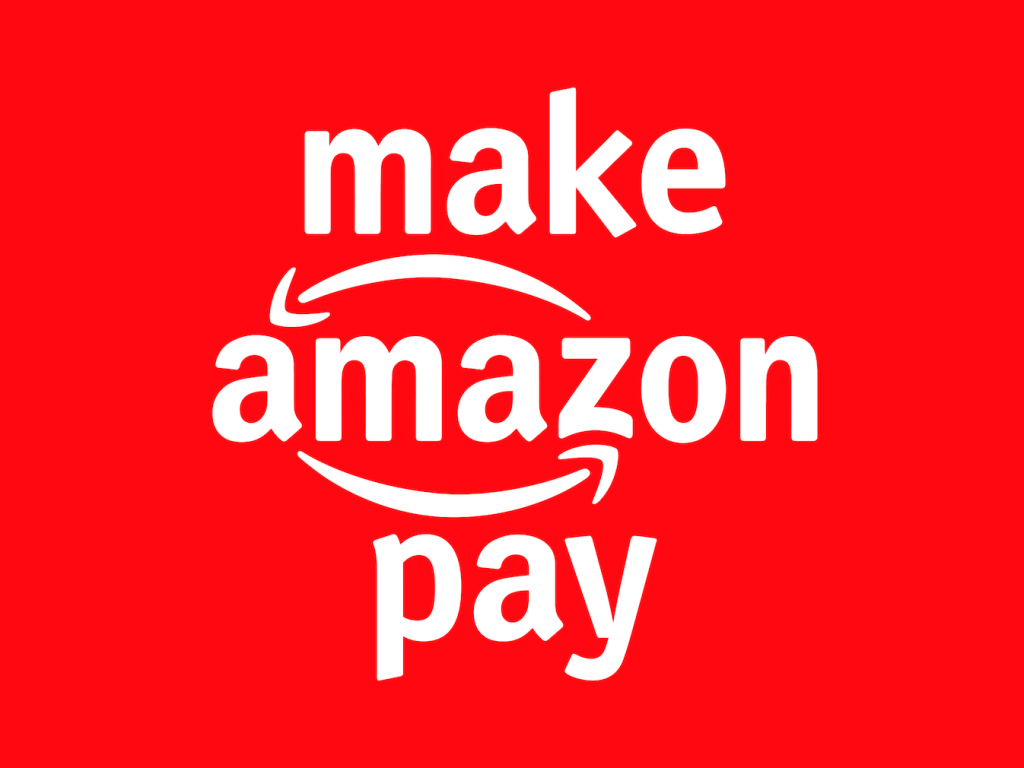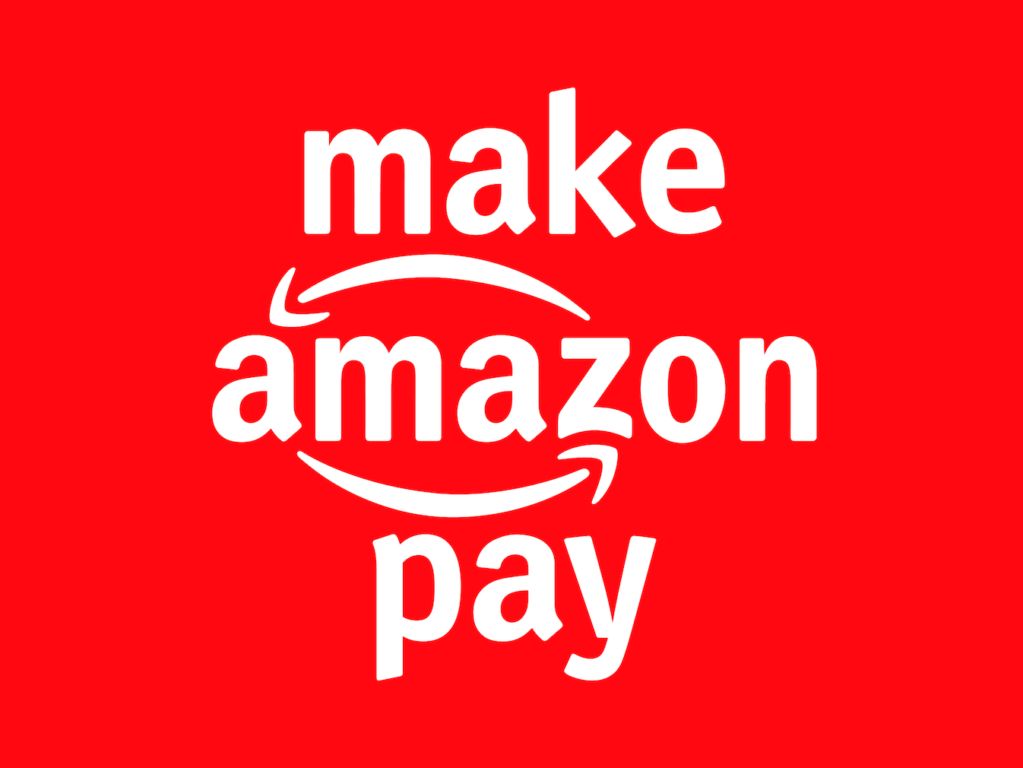
Amazon’s rise from online bookseller to trillion-dollar global logistics, internet, merchandising and entertainment behemoth was fast and ferocious. Behind the same-day deliveries and trend-setting television series is a company committed to ruthlessly destroying productive economic activity and debasing workers.
It is helped along in this pursuit by aggressive (but legal) tax avoidance practices. While everything the company does depends on publicly built infrastructure and publicly funded technology, in 2019, Amazon paid only US$162 million in taxes on US$13.3 billion in pre-tax income in the United States—up from zero taxes a couple of years earlier. In a U.K. poll released Wednesday, 69% of people said Amazon was "too powerful."
“An ever-growing body of evidence details the appalling abuse Amazon workers have long suffered, veering from the degrading (workers being forced to urinate in bottles in order to meet the targets imposed on them) to the lethal (emergency services are called to Amazon warehouses almost on a daily basis to attend to sometimes fatally exhausted workers),” writes Progressive International. “Understandably, workers have compared their position in [CEO Jeff] Bezos’s transnational empire to that of robots at best, and modern slaves at worst.”
This Black Friday, thousands of Amazon warehouse workers will take action to demand corporate and legislative reforms that Make Amazon Pay its fair share—to workers and to society. The Canadian Centre for Policy Alternatives is one of dozens of international civil society groups and labour unions to endorse a global campaign in support of these worker demands.
There will be strikes in Germany and protests in Italy, the United States, the United Kingdom, Poland and Australia. Protesting garment workers will demand fair wages in Dhakar, Bangladesh. Trade unions will rise up against Amazon’s abuse of call centre workers in the Philippines. And hawkers will take to the streets of New Delhi to protest Amazon’s expansion in India. In five cities on four continents—Hyderabad, Berlin, London, Seattle, and São Paulo—activists will project the #MakeAmazonPay slogan on Amazon headquarters and facilities.
In joining the #MakeAmazonPay campaign, the CCPA has endorsed the following common demands for Amazon and its operations in Canada and around the world. We will also continue to advocate for policies—like stronger worker protections, guaranteed sick pay, higher minimum wages, strengthened and properly funded facility inspections, and closer oversight of all government "partnerships" with Amazon—to level the playing field between workers and communities and transnational capital.
Common demands of the Make Amazon Pay campaign:
- Improve the workplace by:
- raising workers’ pay in all Amazon warehouses in line with the increasing wealth of the corporation, including hazard pay and premium pay for peak times;
- negotiating adequate break time to ensure safe work;
- suspending the harsh productivity and surveillance regime Amazon has used to squeeze workers, which violates their rights and jeopardizes their safety;
- extending paid sick leave to all Amazon workers, so that no worker has to choose between their health or their job;
- allowing workers in sites without workplace representation to independently elect health and safety commissions that can negotiate with Amazon to ensure a safe pace of work to avoid repeated injury; and
- disclosing the corporation’s protocol for tracking and reporting COVID-19 cases, as well updated lists cases of infection and death among all workers in Amazon warehouses, by facility.
- Provide job security to all by:
- ending all forms of casual employment and bogus self-employment or contractor status;
- establishing decent, transparent procedures through which workers can voice concerns and criticisms without fear of punishment; and
- immediately reinstating all workers fired for speaking up about issues concerning the health and safety of Amazon workers and customers, engaging in efforts to organize fellow workers, or due to selective enforcement of internal policies.
- Respect workers’ universal rights by:
- ending union busting, respecting workers’ right to organize and unions’ rights to promote workers’ interests, and immediately stopping all forms of spying on workers and organizers;
- giving unions access to Amazon worksites to inform workers on the benefits of unionization, so that all workers can freely choose whether to join a union without any fear of retaliation;
- bargaining with unions wherever they are present in order to reach collective agreements on the conditions and terms of workers’ employment at Amazon;
- ensuring workers’ rights throughout Amazon’s supply chains globally; and
- sharing power with workers, e.g., by welcoming worker representatives elected by their colleagues in different management levels, and by increasing options for workers to receive not only shares in the corporation but also voting rights, so that the company moves towards a model of democratic governance.
- Operate sustainably by:
- committing to zero emissions by 2030;
- ending all custom Amazon Web Services contracts for fossil fuel companies to accelerate oil and gas extraction;
- ending Amazon’s complicity in environmental racism, including by transitioning to electric vehicles first in communities most impacted by the corporation’s pollution;
- stopping all sponsoring of climate change denial; and
- engaging workers, who have a right to know how their employer will operate sustainably, through a Just Transition process.
- Pay back to society by:
- paying taxes in full in the countries where the real economic activity takes place; ending tax abuse through profit-shifting, loopholes and the use of tax havens; and providing full tax transparency;
- ending partnerships with police forces and immigration authorities that are institutionally racist;
- ceasing anti-competitive business practices that lead to monopolization;
- guaranteeing transparency over the privacy and use of consumers’ data, including Alexa/Echo devices, streaming and cloud services;
- guaranteeing privacy and confidentiality of all Internet of Things applications and software produced by or sold via Amazon, including Alexa/Echo devices, streaming and cloud services; and
- stopping the development, deployment and sale of devices and software that expand mass surveillance practices, such as Amazon Ring and facial recognition/biometrics software such as Rekognition.
Individuals and civil society organizations are encouraged to learn more about the campaign and how to take action by visiting makeamazonpay.com.
Stuart Trew is Senior Editor of the Monitor, the CCPA’s popular policy and current affairs magazine.







